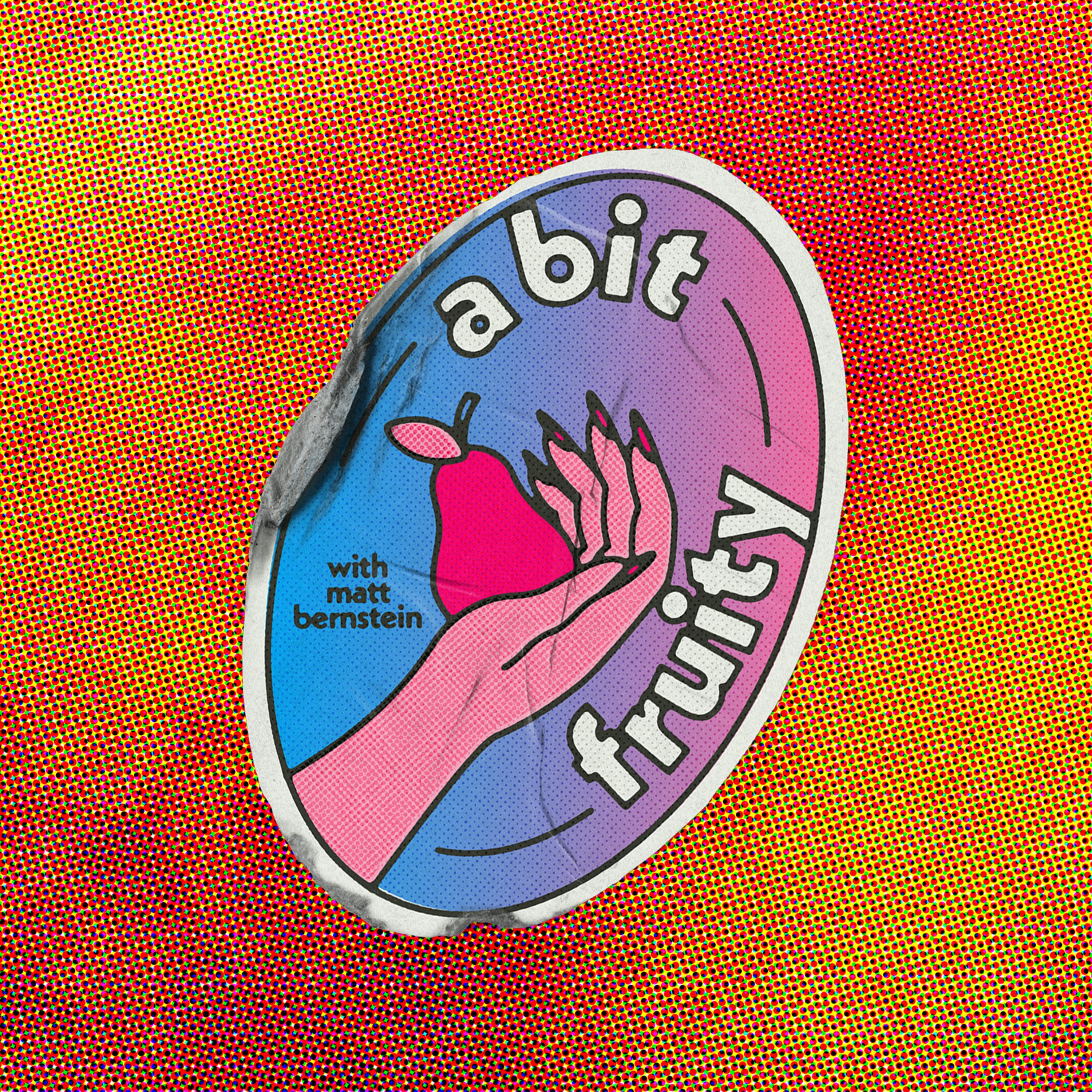J.K. Rowling’s Spiral into Madness (with ContraPoints)
From “sex is real” to Holocaust denial — if it happened to the wizard lady, it can happen to you.
Support me on Patreon!
Watch more from the brilliant Natalie Wynn a.k.a. ContraPoints.
Find more of A Bit Fruity.
Find more of Matt.
Learn more about your ad choices. Visit megaphone.fm/adchoices
Support me on Patreon!
Watch more from the brilliant Natalie Wynn a.k.a. ContraPoints.
Find more of A Bit Fruity.
Find more of Matt.
Learn more about your ad choices. Visit megaphone.fm/adchoices
Press play and read along
Transcript
Transcript is processing—check back soon.
A Bit Fruity with Matt Bernstein — J.K. Rowling’s Spiral into Madness (with ContraPoints)
